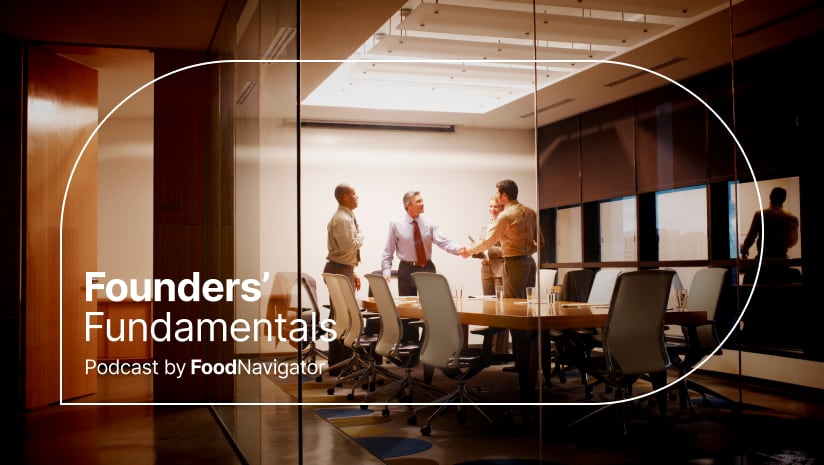Capital efficiency, honesty and understanding financial metrics are crucial for first-time consumer packaged goods (CPG) founders seeking venture capital funding, Daniel Faierman, partner at Habitat Partners, said in an interview on the Founders’ Fundamentals podcast.
Founded in 2021, Habitat Partners is the venture capital offshoot of design firm Red Antler and is “still super actively writing checks in CPG” as part of its $31 million initial fund, explained Faierman, who joined in 2024. Habitat Partners invested in numerous CPG brands like Popup Bagels, Happy Wolf, Muddy Bites, Kinder Farms, Muddy Bites and others.
Faierman is “quite optimistic” that current macroeconomic conditions, including lower interest rates and consumer demands for innovative food and beverage products, will help venture capital funding in 2025.
However, venture capitalists will continue to scrutinize startups on capital efficiency, a trend that moves away from the growth-at-all-cost mentality that many brands ascribed to during the venture capital boom during the COVID pandemic, he added.
“I do not think we will ever return to the 2020/21 environment where growth is really valued quite more than capital efficiency,” he elaborated. “The standard for capital efficiency is just going to be at a new height, and that is obviously going to put pressure on early-stage founders and entrepreneurs and make it more challenging to grow and thrive.”
Keys to securing VC funding: Know ‘your superpower as a founder,’ be honest
When pitching their brand to a possible investor, founders must be energetic and focus on how they differ from the competition, Faierman explained. Additionally, founders must showcase their “superpower” – i.e., what they uniquely bring to their brand, he added.
“I want to walk away saying, ‘Wow, that founder can do this one thing better than almost any founder that I can think of in my network.’ It could be that you come from investment banking, and you are an incredible cash-flow planner. It could be that you come from the manufacturing world, and you are really good at supply chain planning,” he elaborated.
FoodNavigator-USA's podcast for CPG startups
The Founders' Fundamentals podcast is FoodNavigator-USA’s bi-weekly podcast series, dedicated to the art of building and growing CPG food and beverage brands.
Additionally, CPG brands that are currently raising money should not manufacture “false scarcity associated with your round” as many VC firms discuss “deal flow” with another on a regular basis and can tell if a founder is lying, Faierman noted.
Similarly, founders should never exaggerate how big a retail launch is just to make themselves look good in the eyes of an investor, Faierman explained. For instance, if a founder pitches that they have a “huge launch in Whole Foods coming in 2025,” but the Whole Foods team says the launch is a pilot of several stores, that could come back and bite the startup, he added.
“I have had red-flag situations where I have seen founders exaggerate metrics and things, and then on the back end find out that they are really far exaggerated, and then ultimately it erodes the potential trust level between myself and the founders.”
Understanding financial metrics: Gross margins of 35% is crucial
Part and parcel of securing VC funding, CPG founders must have some mastery and understanding of various business metrics – either personally or within their organization – including gross margin, velocities, profit and loss (P&L) metrics and others, which demonstrate that they actually know what it takes to build a brand, Faierman said.
“A lot of founders come in without finance experience, and they think they can wing it or that they can plug in QuickBooks, and they are good to go. Even if it costs you a few $1,000 a month, which I know can be precious for an early-stage brand, having someone who is able to give you strong, robust financial visibility to your P&L on a weekly, daily, monthly basis, I think is crucial,” Faierman said.
Gross margins – which is how much money a company earns from a sale minus all costs associated with selling that item – is a key metric that Habitat Partners evaluates prospective companies to invest in, Faierman said. Habitat Partners sets a benchmark of 35% gross margins for possible investments, he added.
“While we expect businesses in the early days to be bottom-line unprofitable because even with great gross margins, managing that equation is just almost impossible, we do expect businesses from day one to have great gross margins, and our confidence level is a lot higher that eventually this business will grow into being bottom-line profitable if the gross margin is intact from day one,” he elaborated.





